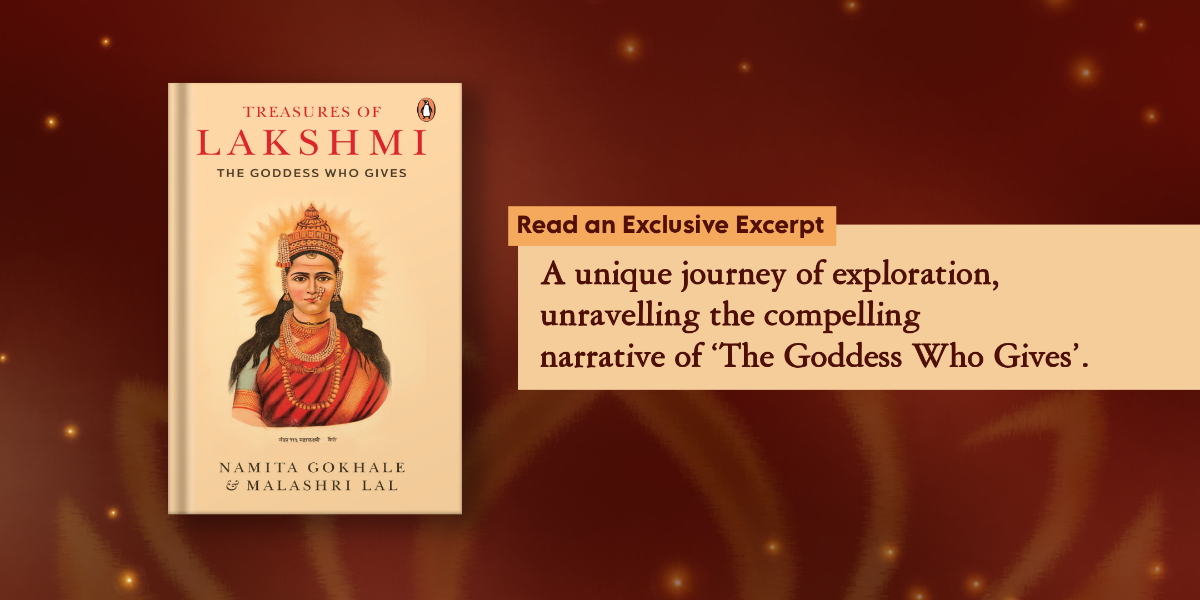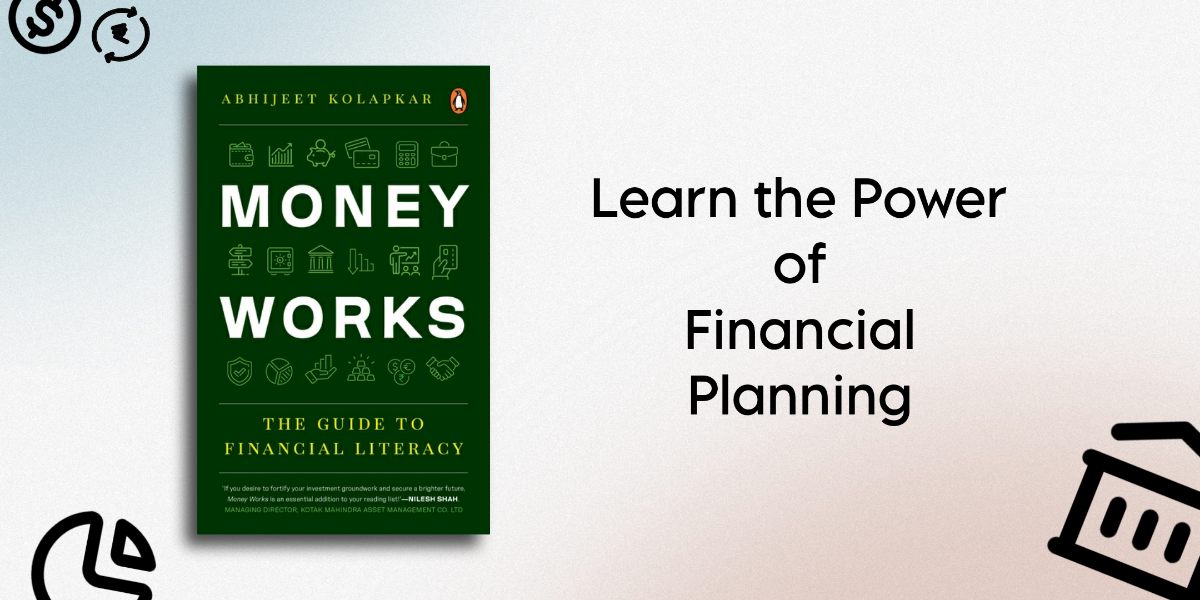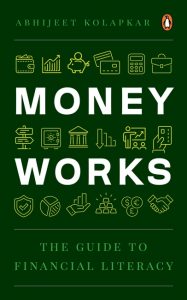Can you guess what the best asset is for building wealth? It’s not money, gold, or property—it’s you! In The Book of Wealth, Mark Mobius reveals the secrets to true prosperity by emphasizing the importance of investing in your skills, education, and attitude. By focusing on personal development, you can unlock boundless potential and set the stage for lasting success. Ready to transform your future and achieve greatness? Start by investing in yourself!

***
In order to be wealthy, you need to have assets. Assets can be money, gold and other precious metals, property, stocks, bonds, art, jewellery and many other things. But many people forget the most important asset: themselves.
So, the first step towards fortune begins with investing in your best asset—you. Your earning power will depend on how well you have trained and educated yourself. If you want to earn money as a health trainer, it is vital for you to develop your own body so you can demonstrate to others how good you look, which will attract customers to you. If you want to earn money as a carpenter, you must try your best to learn from the most skilled experts so you can demand the highest appreciation and income.
When you realize that you are your best investment, you will begin to make conscious decisions to focus on your development and well-being. You will begin to see that your success in becoming wealthy will depend on the foundation you have built in your own education, experience, social status and influence.
You, like others, are a unique individual, and you, like others, have boundless potential that can be unlocked by investing in your skills, education and health. A critical aspect of this is self-empowerment, where you control your destiny and become less reliant on external factors. You become more self-sufficient, which boosts your confidence and resilience.
An important aspect of this is gaining knowledge and expanding your horizons, beyond your current community and into the ever-changing world. This will enhance your ability to innovate and find new paths to success. A key item of self-development is setting high goals. You must dream of great things and aspire to what you normally would not imagine you can achieve. This way, you will both consciously and unconsciously take proactive steps towards reaching your dreams. Amazon’s growth is an example of this.
When you are considered for a job or have been hired to do a job, the people you work for and with will evaluate you and consider what you bring to the task at hand. In addition to your education and experience, people will consider your attitude. If you have a bad attitude, it can pull energy out of the workplace. That bad attitude will be like a poison pill and damage the work environment and the group objectives. A good and positive attitude can penetrate a group and organization, leading to success for all concerned and contributing to your individual success too. Always remember what Zig Ziglar said: ‘Your attitude, not your aptitude, will determine your altitude.’ It is about your positivity: How do you react when things get challenging or tough?
What will contribute to and create a good attitude for you? First, you need to be grateful for the opportunities you get for success. Second, you must be optimistic in the face of risks and danger. Someone once said, ‘The world belongs to optimists.’
***
Get your copy of The Book of Wealth by Mark Mobius on Amazon or wherever books are sold.













